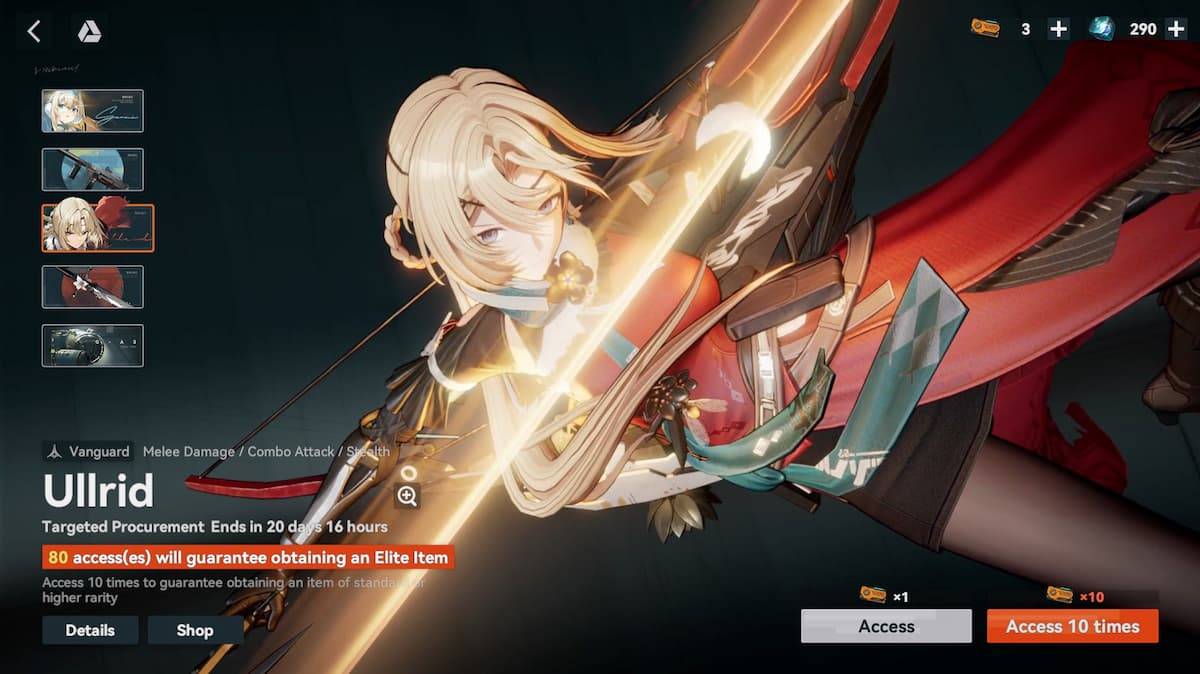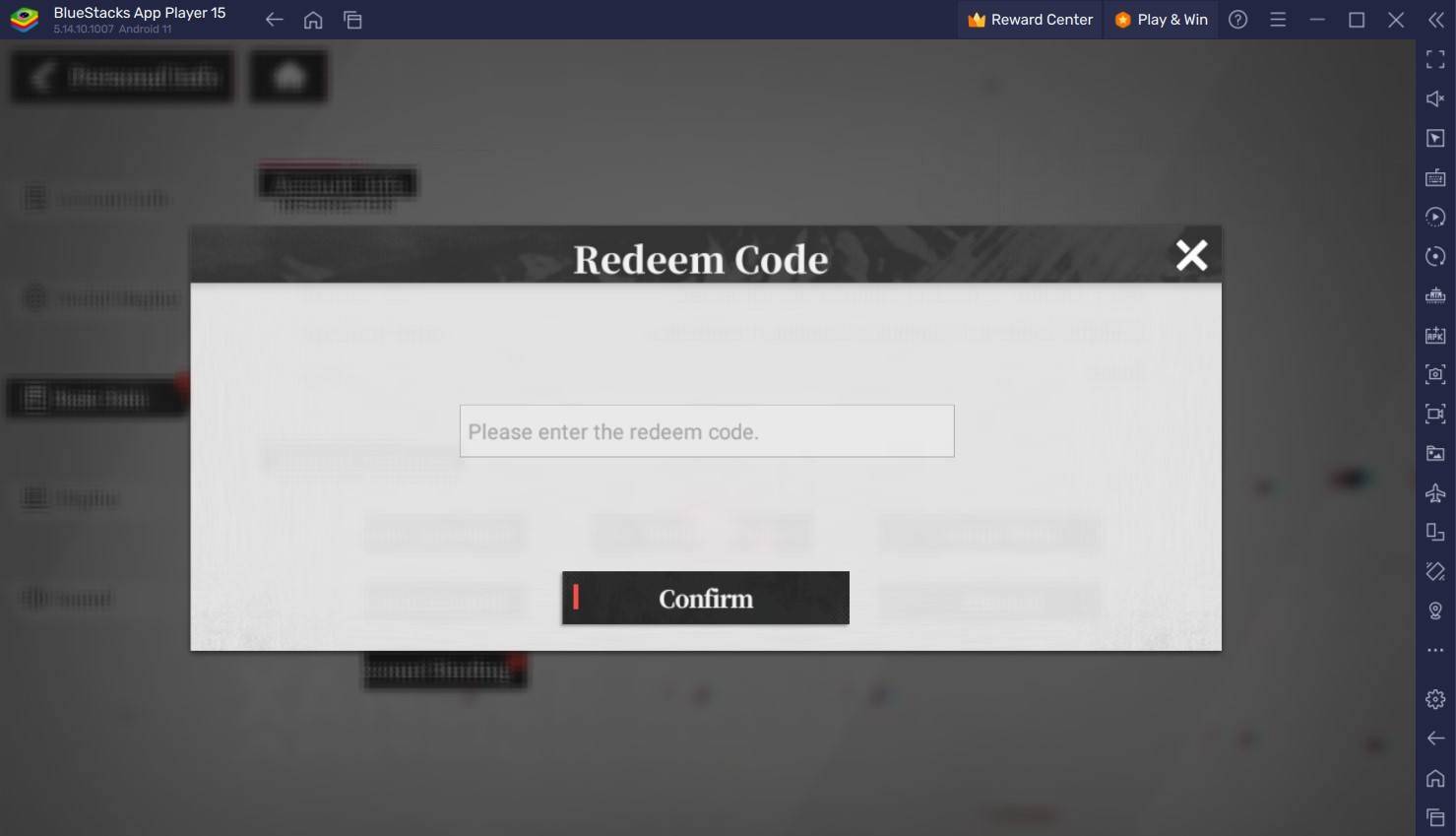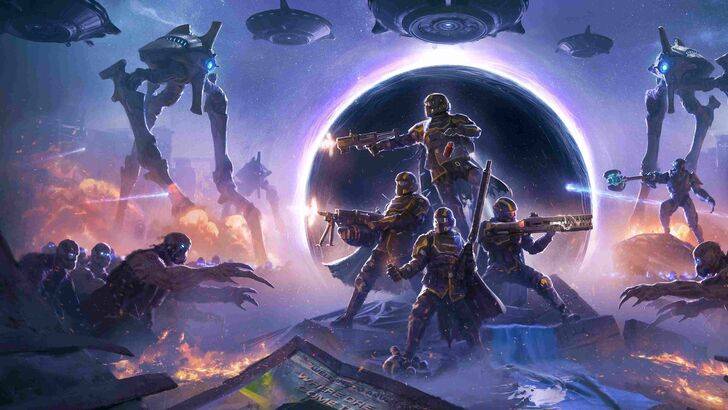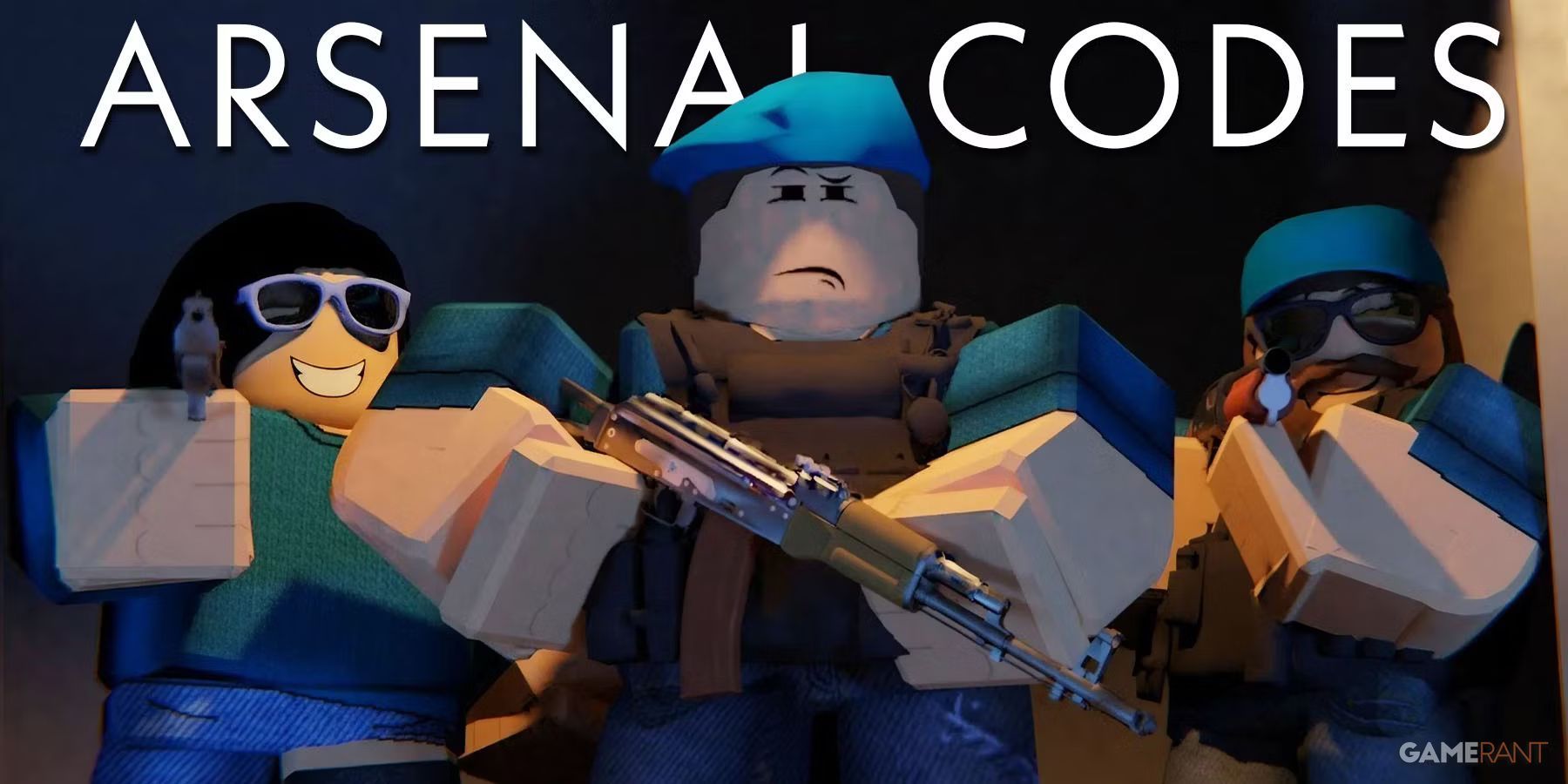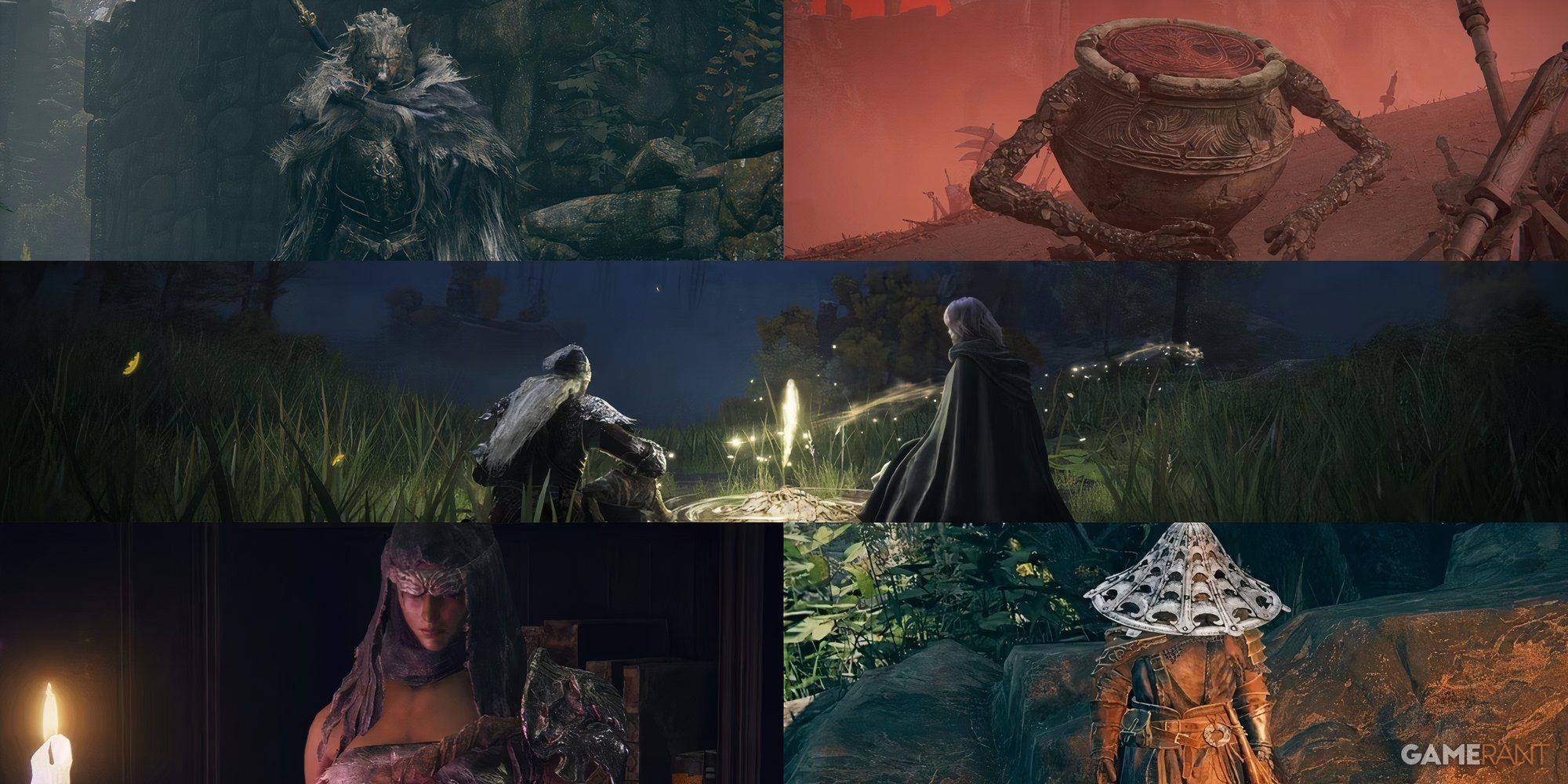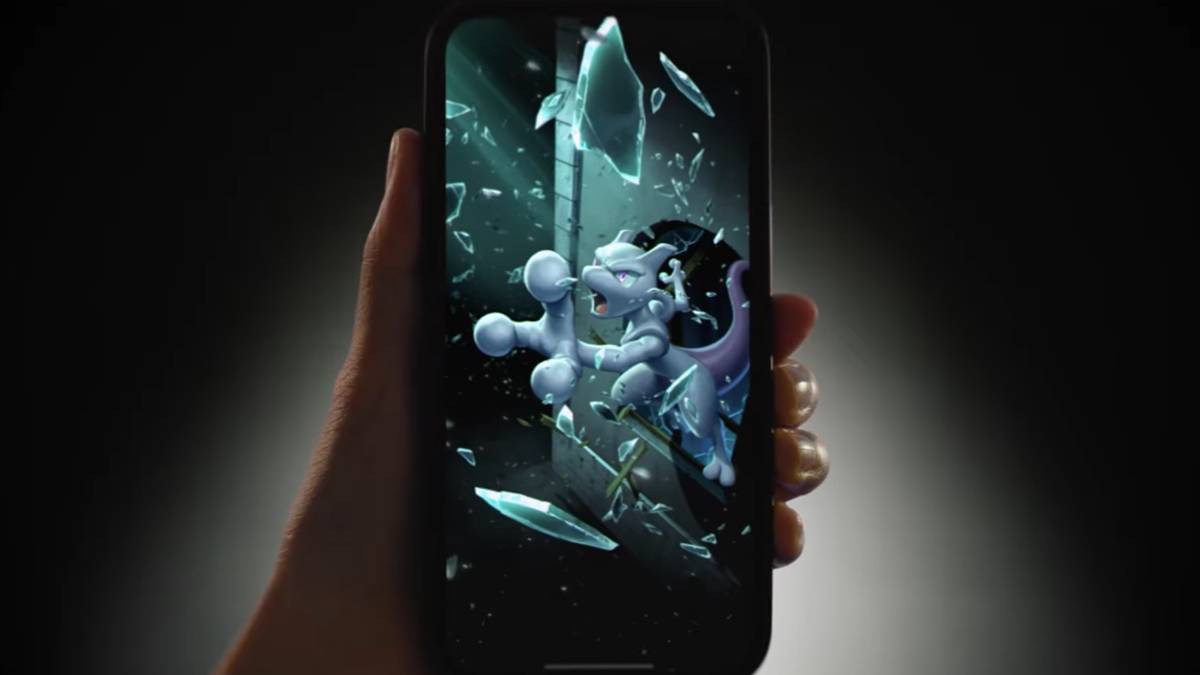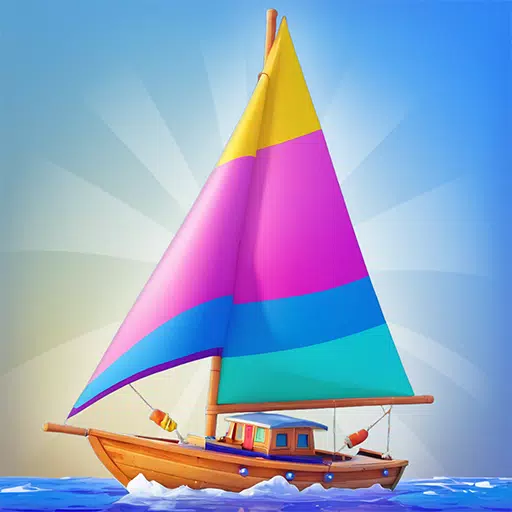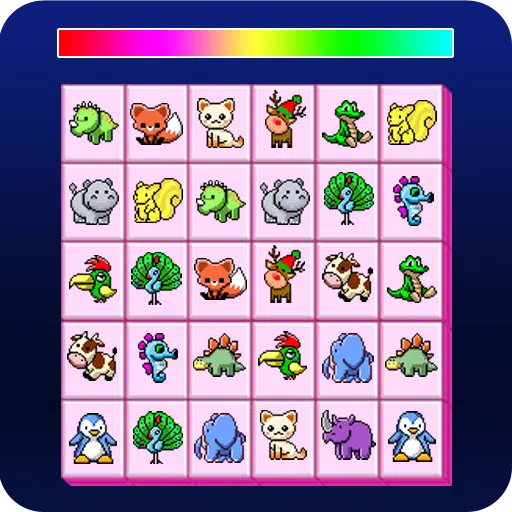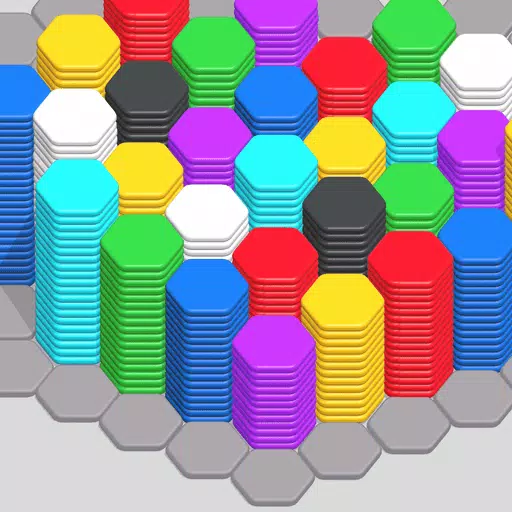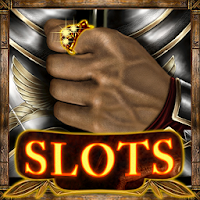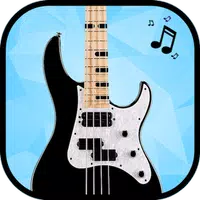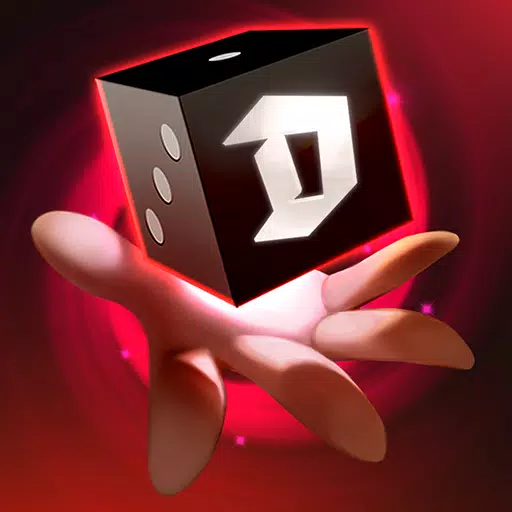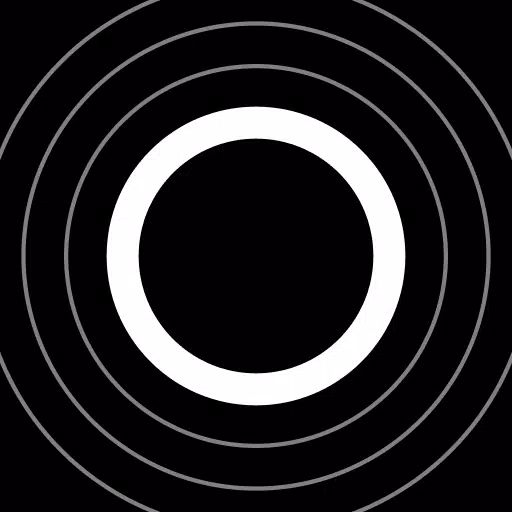Catch Regional Pokémon in Pokémon GO: Locations Revealed
In the expansive world of Pokémon GO, there's a special category of creatures known as "regional" Pokémon. These unique Pokémon are tied to specific geographic locations around the globe, encouraging players to embark on real-world adventures to complete their collections. Originally, there was just one regional Pokémon, but the number has grown significantly, now encompassing a diverse group of over a dozen fascinating creatures. In this comprehensive guide, we'll delve into the world of regional Pokémon, outlining where to find them and how you can add these exclusive Pokémon to your Pokédex.
Table of Content ---
- What are regional Pokémon?
- Generation One
- Generation Two
- Generation Three
- Generation Four
- Generation Five
- Generation Six
- Generation Seven
- Generation Eight
What are regional Pokémon?
Regional Pokémon are unique in that they can only be found in specific parts of the world. This feature adds an exciting layer of exploration to the game, as players must travel to different countries or continents to encounter these creatures. Not only does this mechanic encourage travel and adventure, but it also fosters a sense of community among players with shared interests, helping them connect across the globe.
Creating a comprehensive Pokémon GO regional map is challenging due to the vast number of creatures and their diverse habitats. To make your journey easier, we've organized these Pokémon by their generational appearance in the series, providing a clear guide on where to find each one.
Generation One
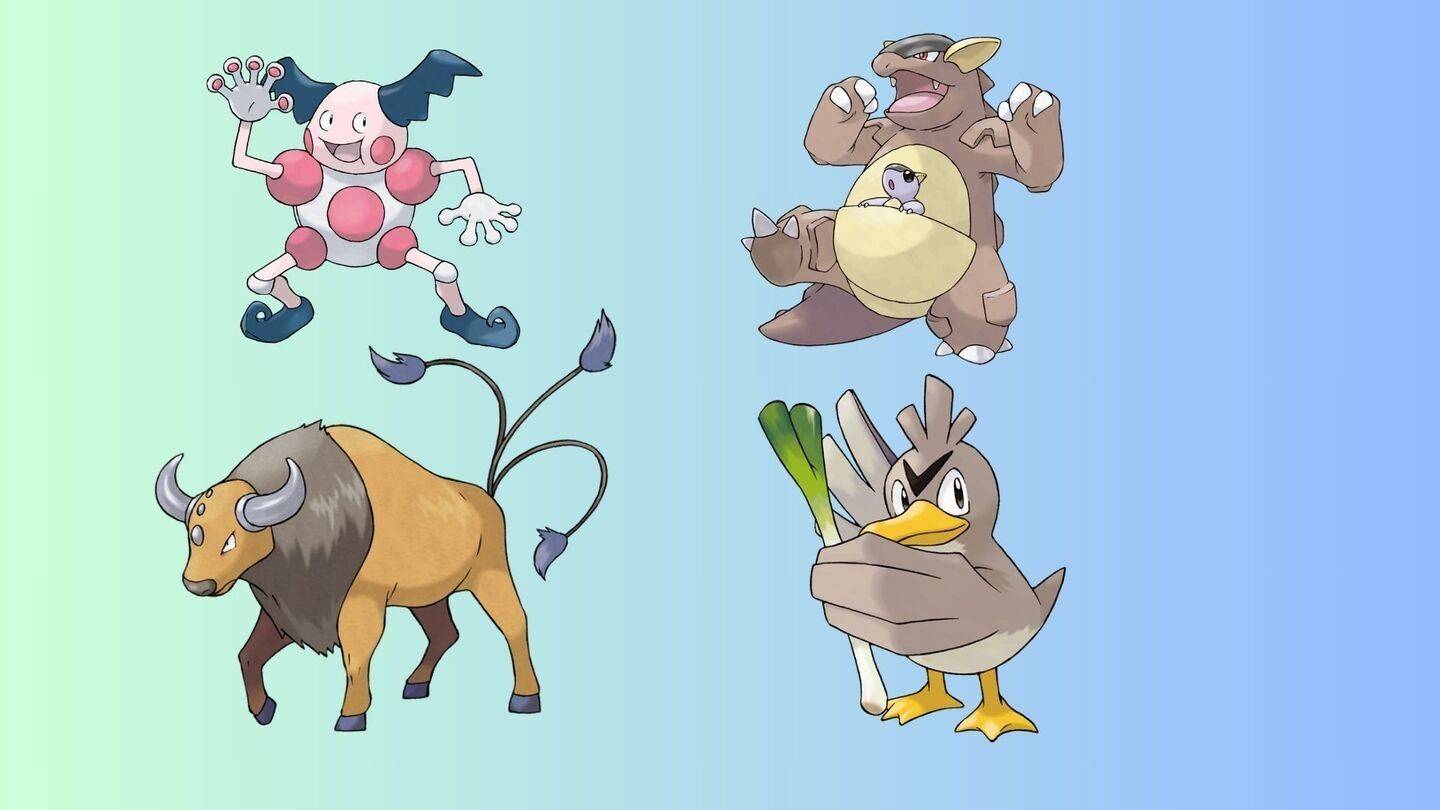 Image: ensigame.com
Image: ensigame.com
The first generation of regional Pokémon is widely distributed across the world, making them relatively easy to find in bustling locations like malls, cinemas, and shopping centers.
| Name | Region |
|---|---|
| Mr. Mime | Europe |
| Kangaskhan | Australia |
| Tauros | USA |
| Farfetch'd | Japan, South Korea, Taiwan, Hong Kong |
Generation Two
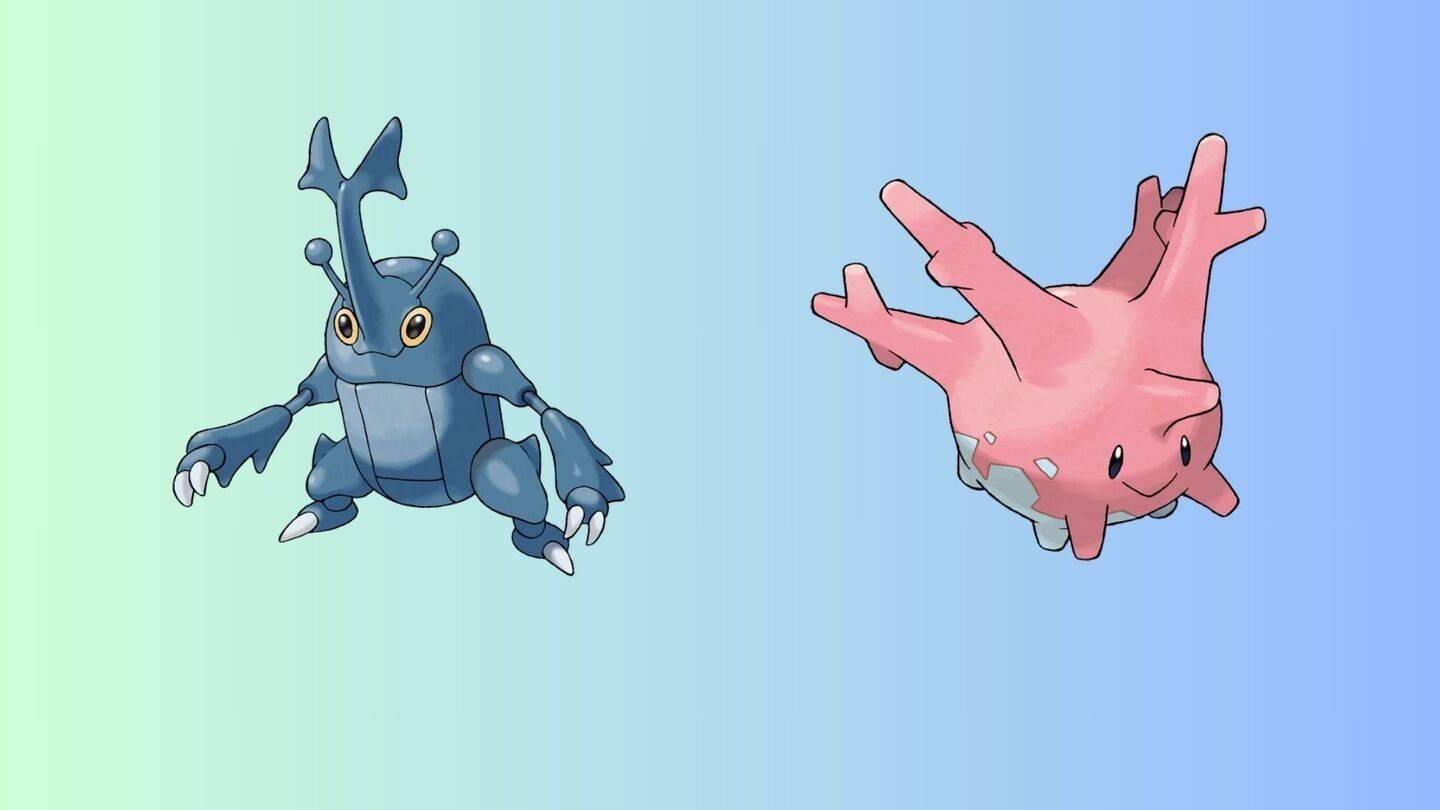 Image: ensigame.com
Image: ensigame.com
The second generation features fewer regional Pokémon, which are found in less commonly visited countries. While Heracross is relatively easy to catch, Corsola requires specific conditions related to tropical coastlines.
| Name | Region |
|---|---|
| Heracross | Central and South American regions |
| Corsola | Tropical areas near coastlines, specifically between 31° North latitude and 26° South latitude |
Generation Three
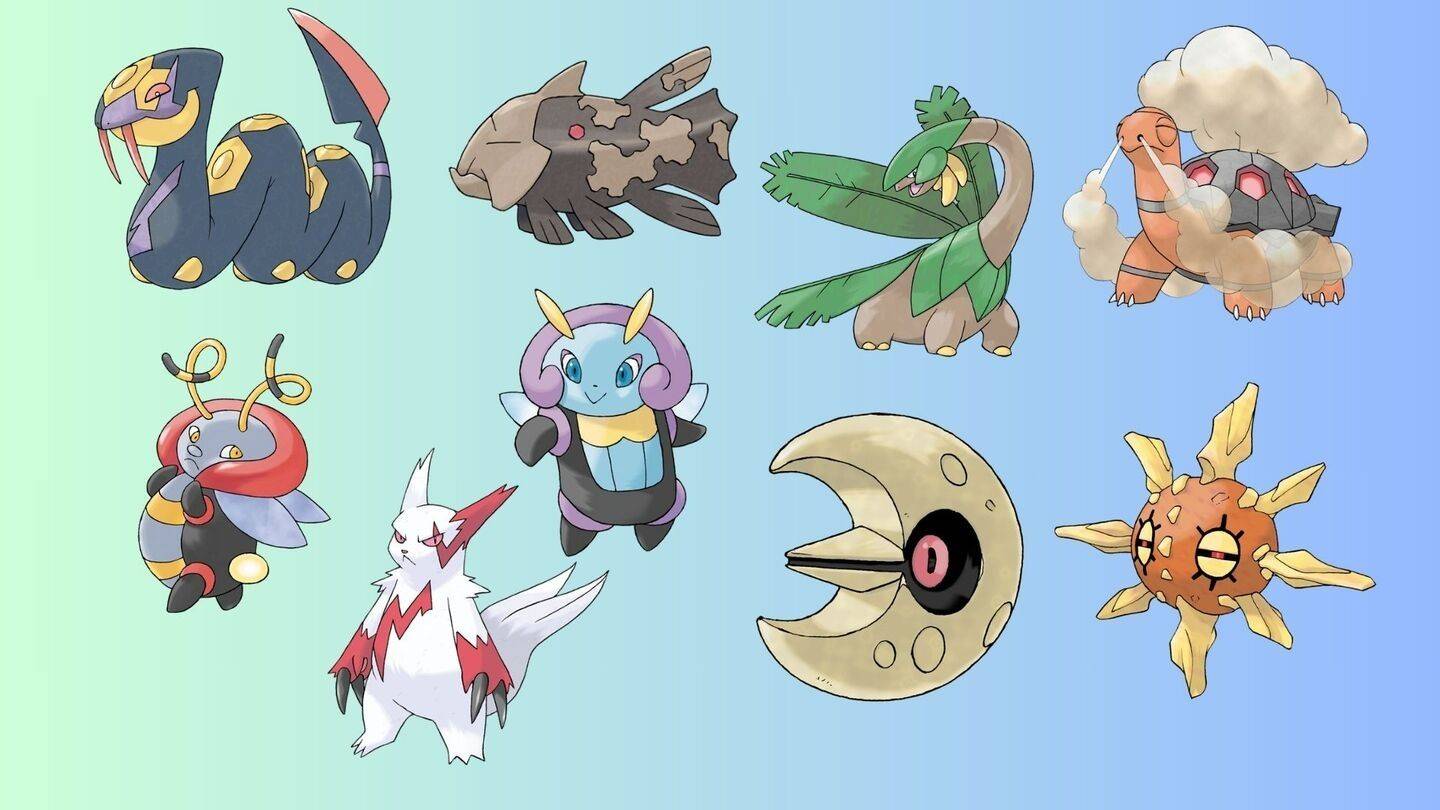 Image: ensigame.com
Image: ensigame.com
This generation's Pokémon are spread worldwide, making a global tour necessary for those aiming to catch them all. Most are found in North and South America, and they don't require the specific conditions seen in earlier generations.
| Name | Region |
|---|---|
| Volbeat | Europe, Asia, Australia |
| Zangoose | |
| Illumise | America and Africa |
| Lunatone | Western Hemisphere – West of Greenwich Meridian Line in Europe and Africa, North and South America |
| Solrock | Eastern Hemisphere – East of Greenwich Meridian Line in Europe and Africa, Asia, Australia, Middle East |
| Seviper | America and Africa |
| Relicanth | New Zealand, adjacent islands |
| Tropius | Africa, Middle East |
| Torkoal | Western Asia, Southeast Asia |
Generation Four
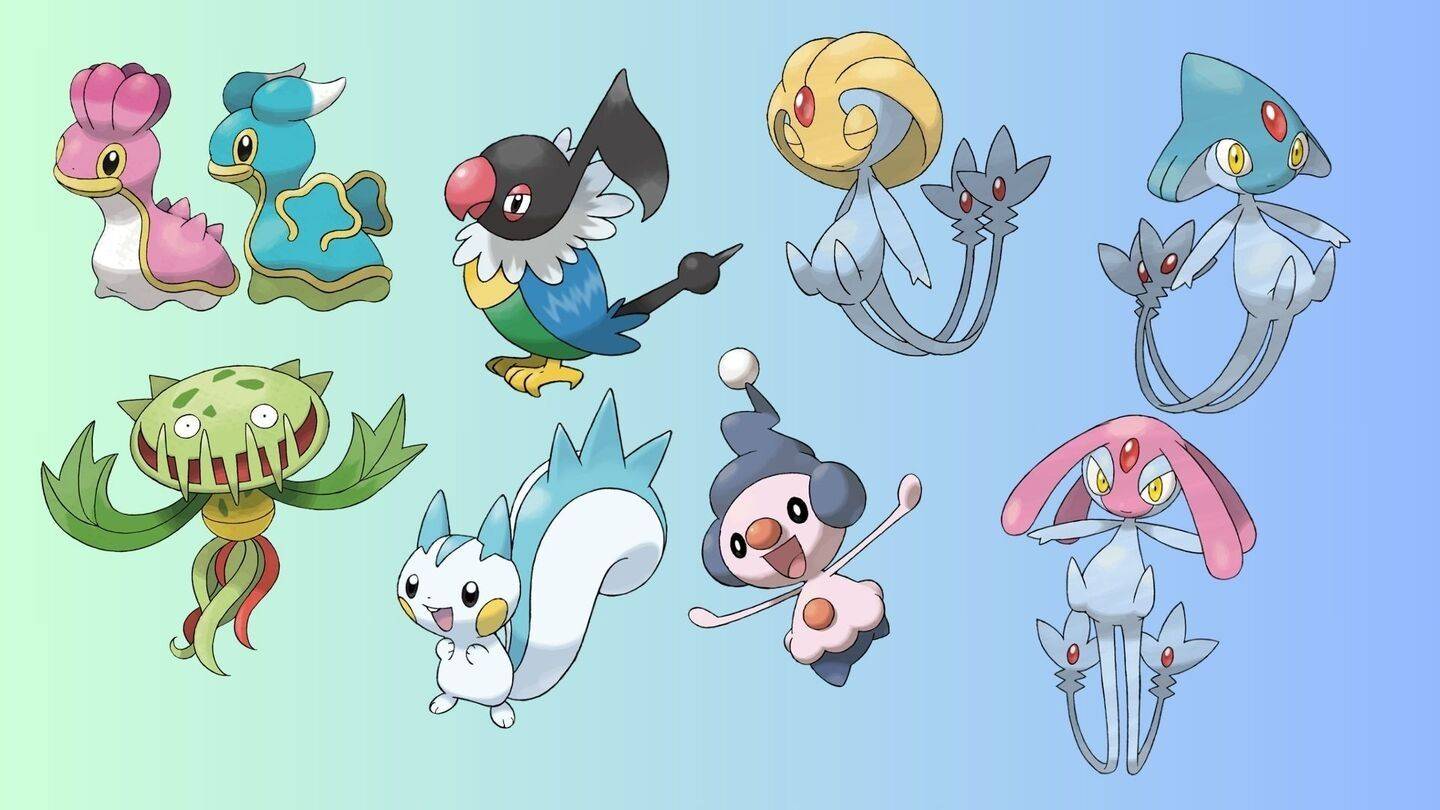 Image: ensigame.com
Image: ensigame.com
Although not as extensive as the third generation, the fourth generation includes several intriguing regional Pokémon. Many can be found in Europe, particularly in crowded places, making the search more manageable.
| Name | Region |
|---|---|
| Carnivine | USA (Southeast) |
| Pachirisu | Alaska, Canada, Russia |
| Mime Jr. | Europe |
| Mesprit | Europe, Africa, Asia, Middle East |
| Azelf | North and South America, Greenland |
| Uxie | Asia-Pacific |
| Chatot | Southern Hemisphere |
| Shellos | Pink: Western Hemisphere. Blue: Eastern Hemisphere |
Generation Five
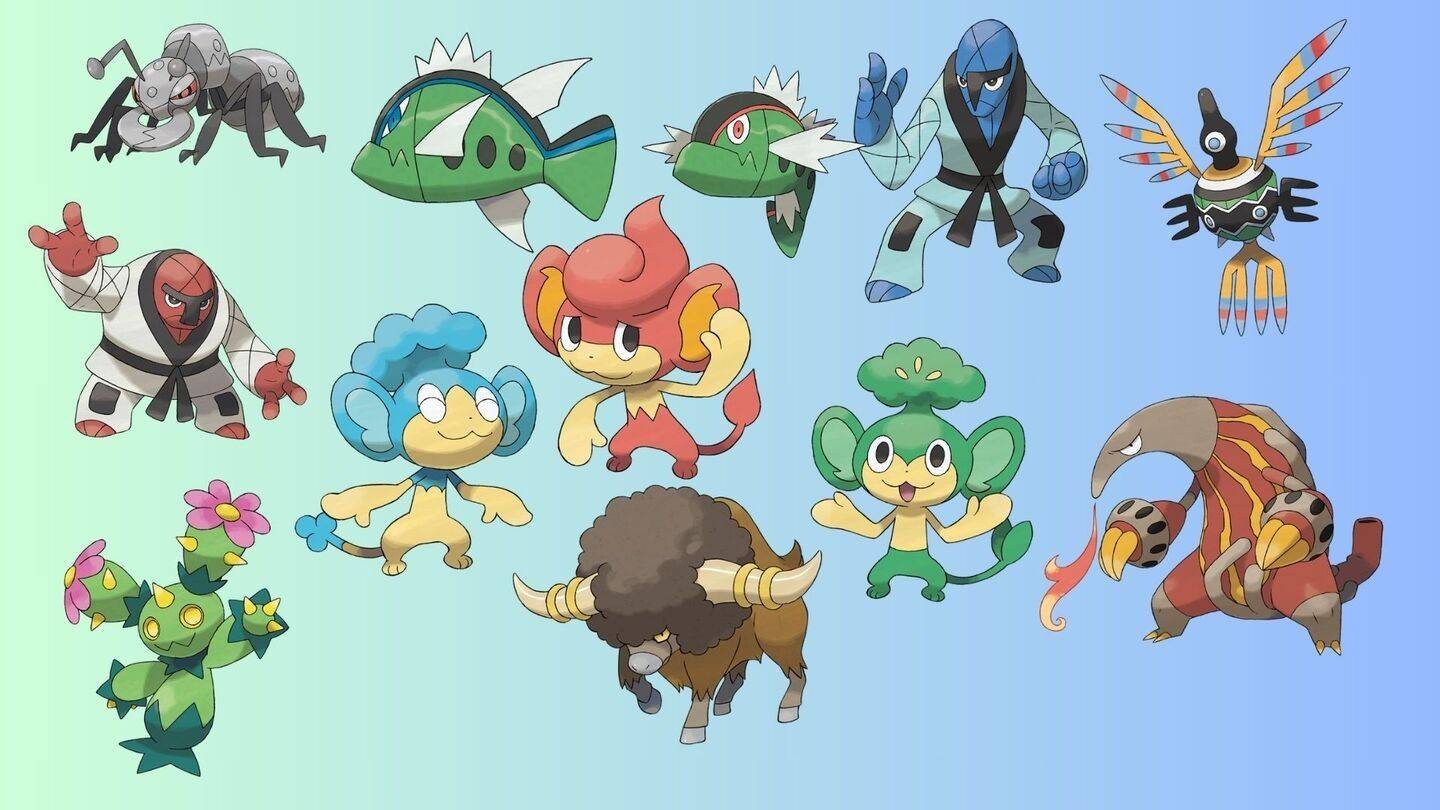 Image: ensigame.com
Image: ensigame.com
This generation's Pokémon have chosen diverse habitats, including Egypt and Greece. The variety in types and locations adds to the excitement of the hunt.
| Name | Region |
|---|---|
| Throh | North and South America, Africa |
| Pansear | Europe, Middle East, India, Africa |
| Maractus | Mexico, Central and South America |
| Panpour | North and South America, Greenland |
| Bouffalant | New York |
| Pansage | Asia-Pacific Region |
| Heatmor | Europe, Asia, Australia |
| Durant | North and South America, Africa |
| Basculin | Red: Eastern Hemisphere. Blue: Western Hemisphere |
| Sawk | Europe, Asia, Australia |
| Sigilyph | Egypt, Greece |
Generation Six
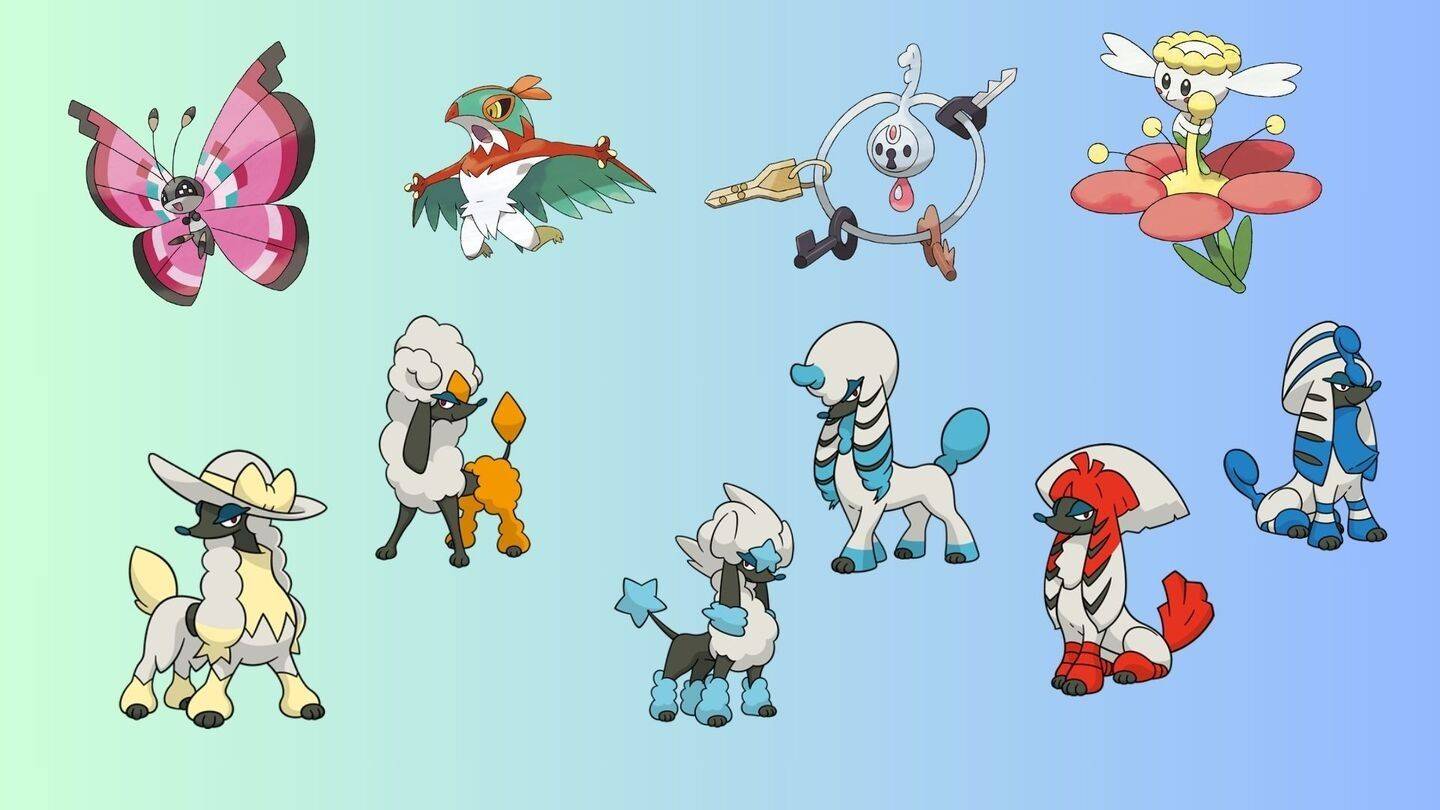 Image: ensigame.com
Image: ensigame.com
With fewer Pokémon than the fifth generation, the sixth generation requires strategic planning to catch them all. They are scattered across various regions, making each journey unique.
| Name | Region |
|---|---|
| Furfrou (Debutante) | America |
| Furfrou (Diamond) | Europe, Middle East, Africa |
| Furfrou (Star) | Asia-Pacific |
| Furfrou (La Reine) | France |
| Furfrou (Kabuki) | Japan |
| Furfrou (Pharaoh) | Egypt |
| Flabebe | Europe, Middle East, Africa |
| Klefki | Everywhere, but most often spotted in: Brussels and Antwerp, Basel and Lausanne, Turin, Logroño, Kaiserslautern, Freiburg im Breisgau, and Karlsruhe |
| Hawlucha | Mexico |
| Vivillon | Everywhere |
Generation Seven
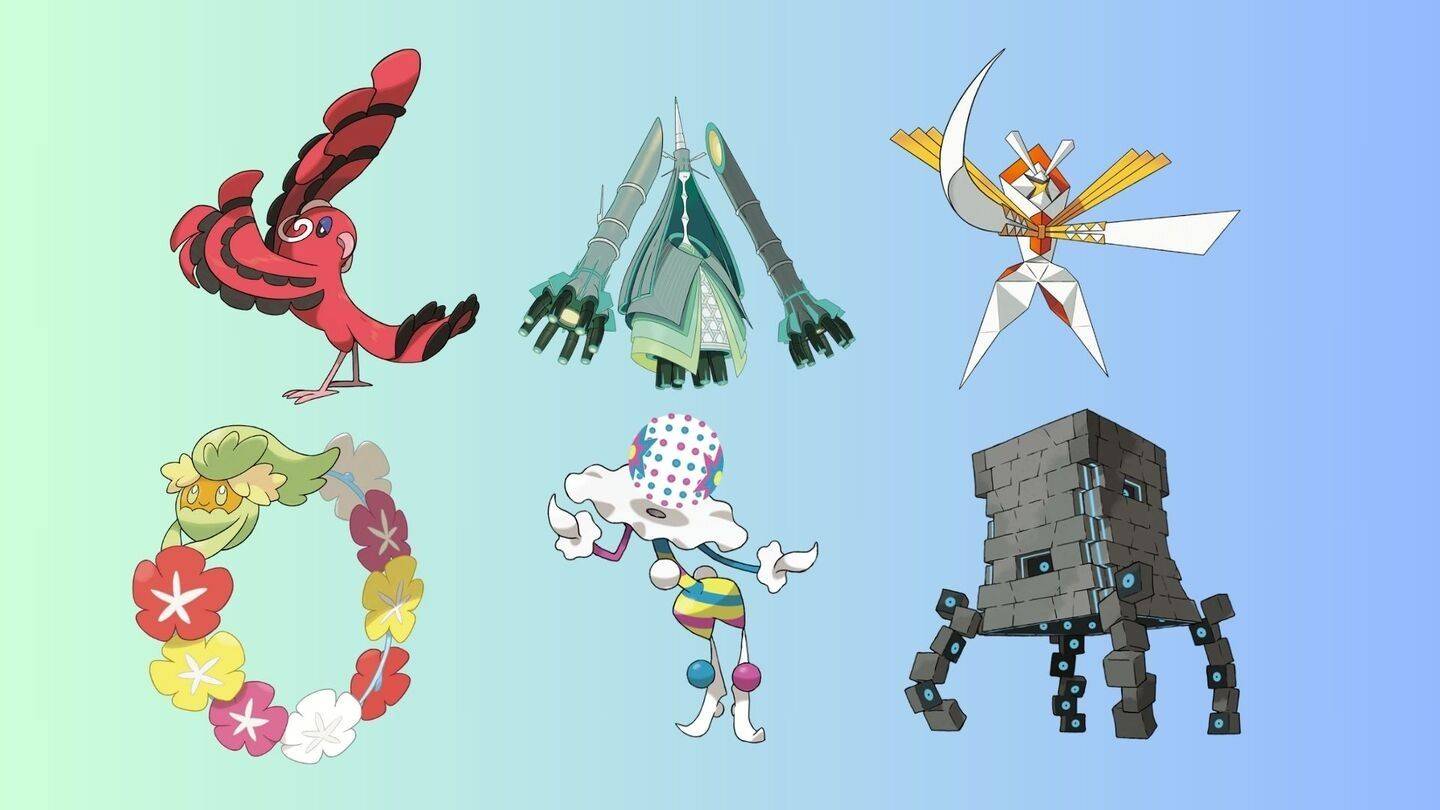 Image: ensigame.com
Image: ensigame.com
The seventh generation features Pokémon that are true travel enthusiasts, appearing in nearly every part of the world. This makes them ideal companions for your next vacation.
| Name | Region |
|---|---|
| Stakataka | Eastern Hemisphere |
| Blacephalon | Western Hemisphere |
| Comfey | Hawaii |
| Oricorio | Europe, Middle East, Africa, America, Pacific and Caribbean Islands |
| Celesteela | Southern Hemisphere |
| Kartana | Northern Hemisphere |
Generation Eight
The eighth generation introduces Stonjourner, a unique regional Pokémon found in the United Kingdom. To catch this intriguing creature, explore the country's landmarks and rural areas.
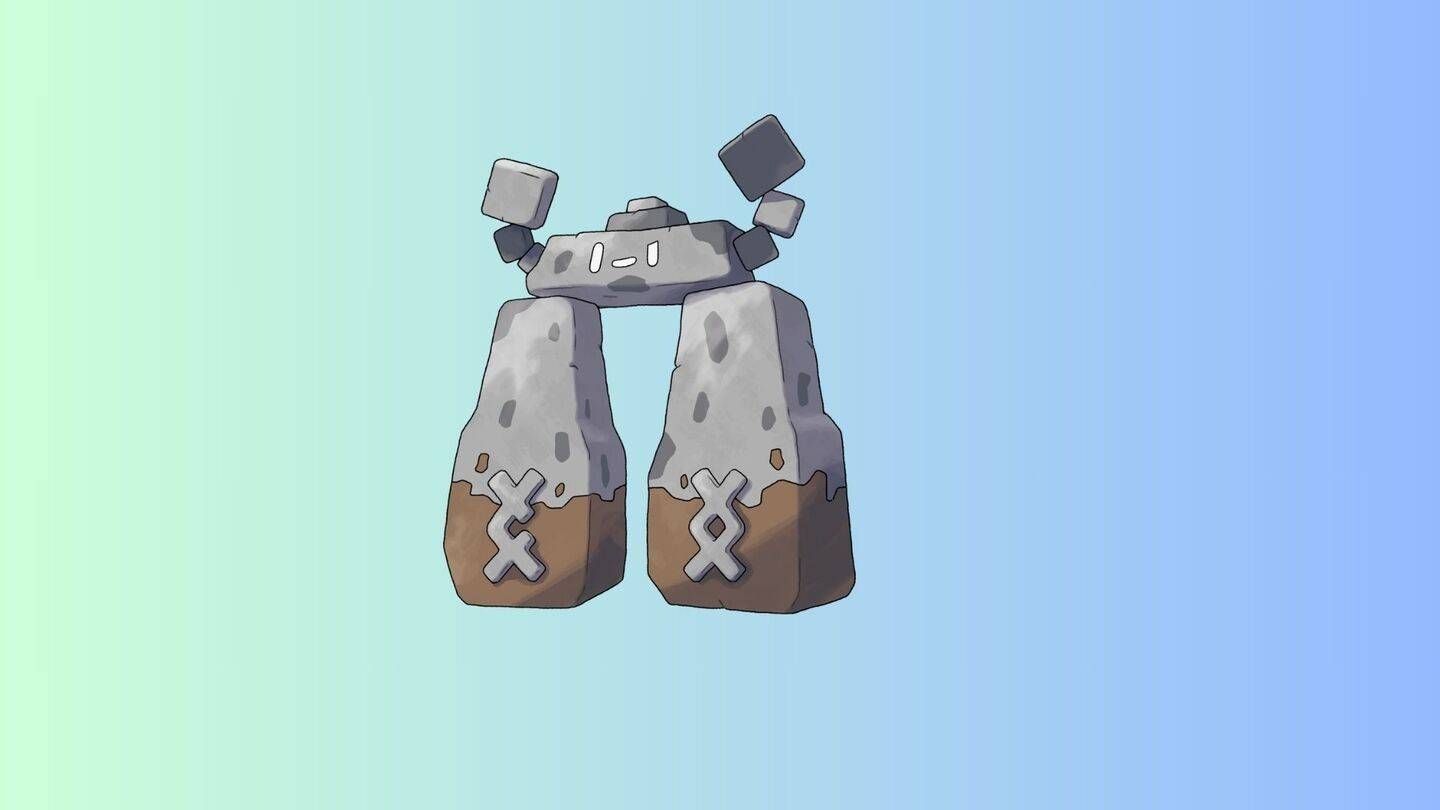 Image: ensigame.com
Image: ensigame.com
We hope this guide has been informative and helpful in your quest to catch all the regional Pokémon. Have you managed to capture these elusive creatures? Share your experiences and tips in the comments below!
Latest Articles


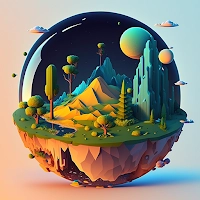
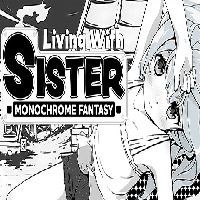
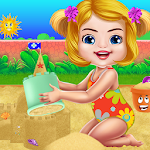

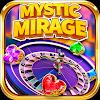

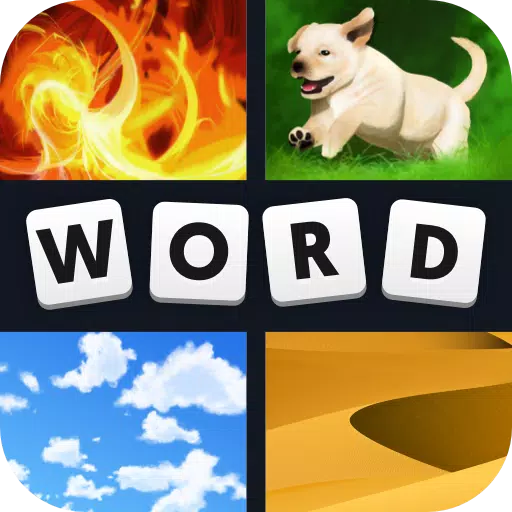


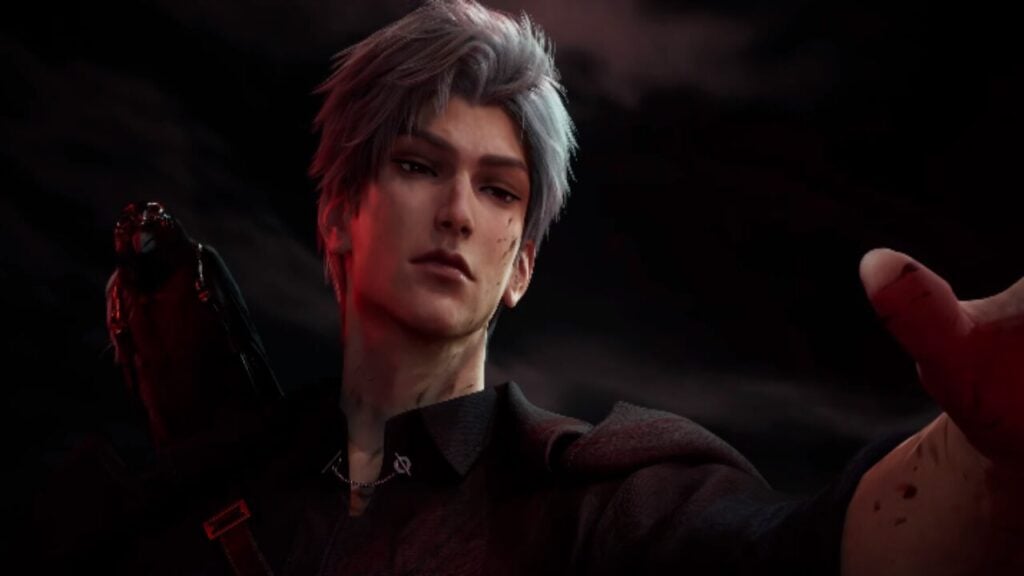
![Roblox Forsaken Characters Tier List [UPDATED] (2025)](https://images.dyk8.com/uploads/18/17380116246797f3e8a8a39.jpg)
